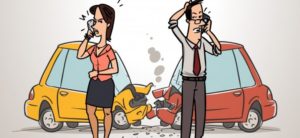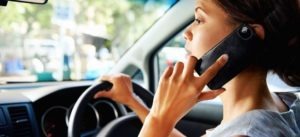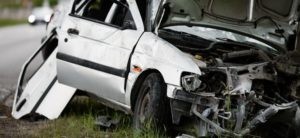Understanding Auto Accident Claims Involving Company Cars
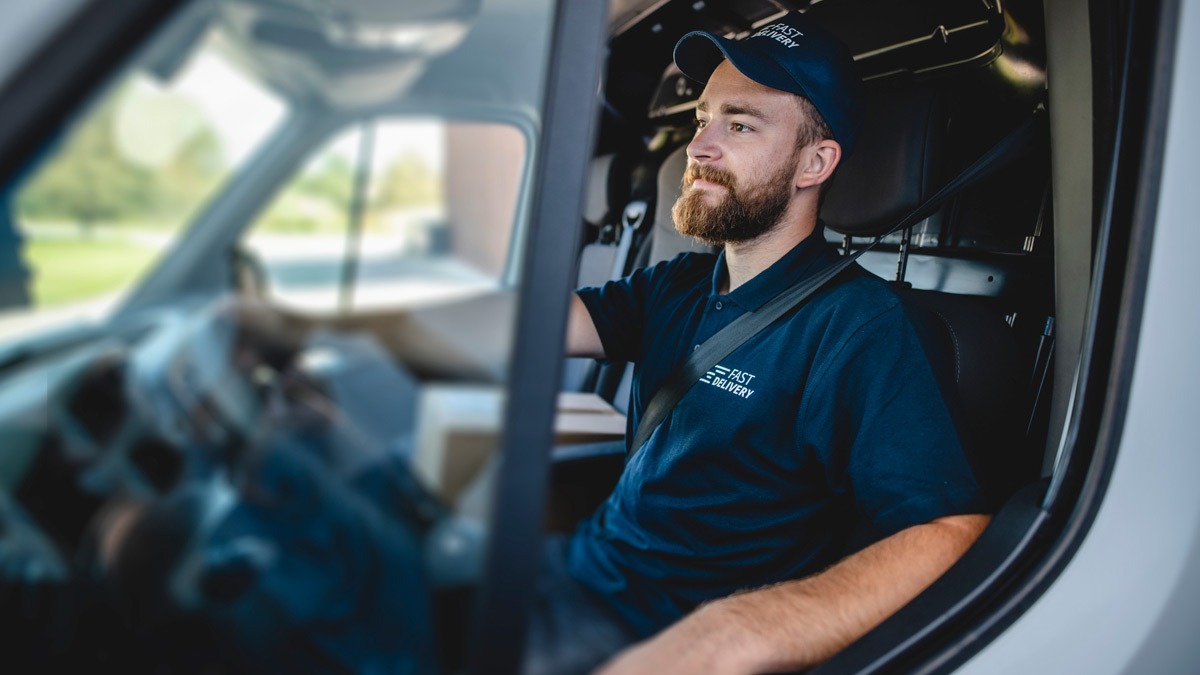
Getting into a car accident is stressful enough on its own. When a company car is involved, whether you are the driver or the person hit, the situation becomes more complicated. Issues of insurance coverage, employer responsibility, and liability laws come into play—and in Nevada, these legal distinctions can have a major impact on your ability to recover compensation.
Accidents involving company vehicles raise different questions than typical personal vehicle crashes. Was the driver “on the clock”? Is the employer liable? What if the employee was using the vehicle for personal errands at the time? These factors must be carefully examined to determine who is responsible and who should pay for damages.
Whether you were injured by a commercial driver or you were driving a company vehicle yourself, understanding how Nevada handles company car accidents can help protect your legal rights.
What Is a “Company Car”?
A company car is any vehicle owned, leased, or operated by a business, government agency, or nonprofit organization for work-related purposes. These can include:
- Sales vehicles
- Delivery trucks or vans
- Construction or utility vehicles
- Rideshare or shuttle vehicles
- Executive fleet vehicles
- Rental cars used for business travel
Under Nevada law, employers can be held liable for accidents involving these vehicles if the employee was acting within the scope of their job duties at the time of the crash.
For a free legal consultation, call (725) 900-9000
Common Company Vehicle Accident Scenarios
Accidents involving company cars in Nevada can happen in many different ways. Some common situations include:
- A delivery driver rear-ends another vehicle while rushing between stops
- A rideshare driver causes a crash while transporting passengers
- An employee driving to a client meeting runs a red light
- A company vehicle with poorly maintained brakes causes a pile-up
- A business uses a rental car for out-of-town work travel, and the driver causes an accident
- A utility worker driving a service truck collides with a motorcyclist
These accidents can result in injuries not only to other drivers but also to pedestrians, cyclists, or the employee driving the vehicle.
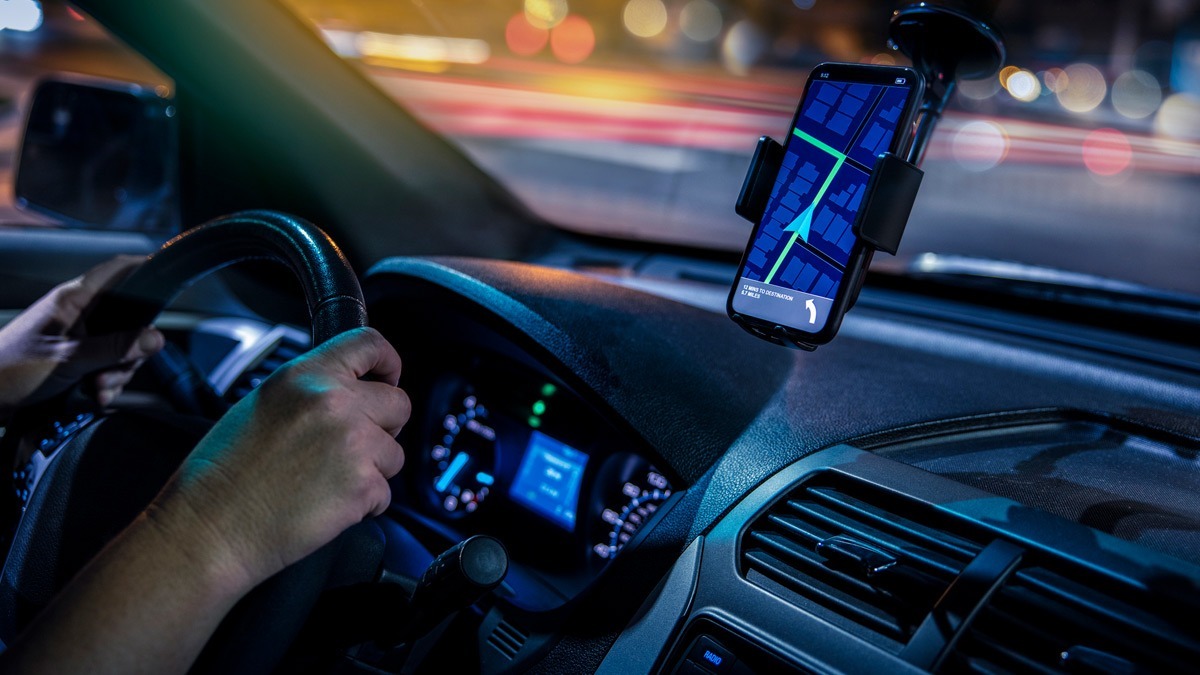
Who Can Be Held Liable in a Company Car Accident?
Determining liability depends on several factors, including who was driving, why they were driving, and whether they were acting in the course of employment. In Nevada, multiple parties may be responsible:
1. The Employer
Under the doctrine of respondeat superior, an employer is generally liable for the actions of an employee who is operating a company vehicle for work purposes. This is often referred to as “vicarious liability.”
If the employee was performing a task for the employer, such as making a delivery, attending a meeting, or visiting a job site, the company may be held responsible for damages.
2. The Employee
If the employee was using the company car for personal errands or driving under the influence, the employer may deny liability. In these cases, the employee could be personally responsible for damages.
Nevada courts distinguish between “frolic” and “detour.” A detour is a minor deviation from work duties, and the employer may still be liable. A frolic is a substantial personal deviation, which may relieve the employer of responsibility.
3. The Company’s Insurance Provider
Businesses are required to carry commercial auto insurance for vehicles used in the course of business. This policy typically covers:
- Property damage
- Bodily injury liability
- Uninsured/underinsured motorist coverage
- Medical payments
- Collision and comprehensive coverage
If you are hit by a company vehicle, your claim may be filed against the company’s insurance policy rather than the individual driver’s personal policy.
4. Third Parties
In some cases, another driver, a parts manufacturer, or a government agency may share responsibility. For example, if poor road maintenance contributed to the crash or if a defective tire caused a blowout, additional claims may be filed against those entities.
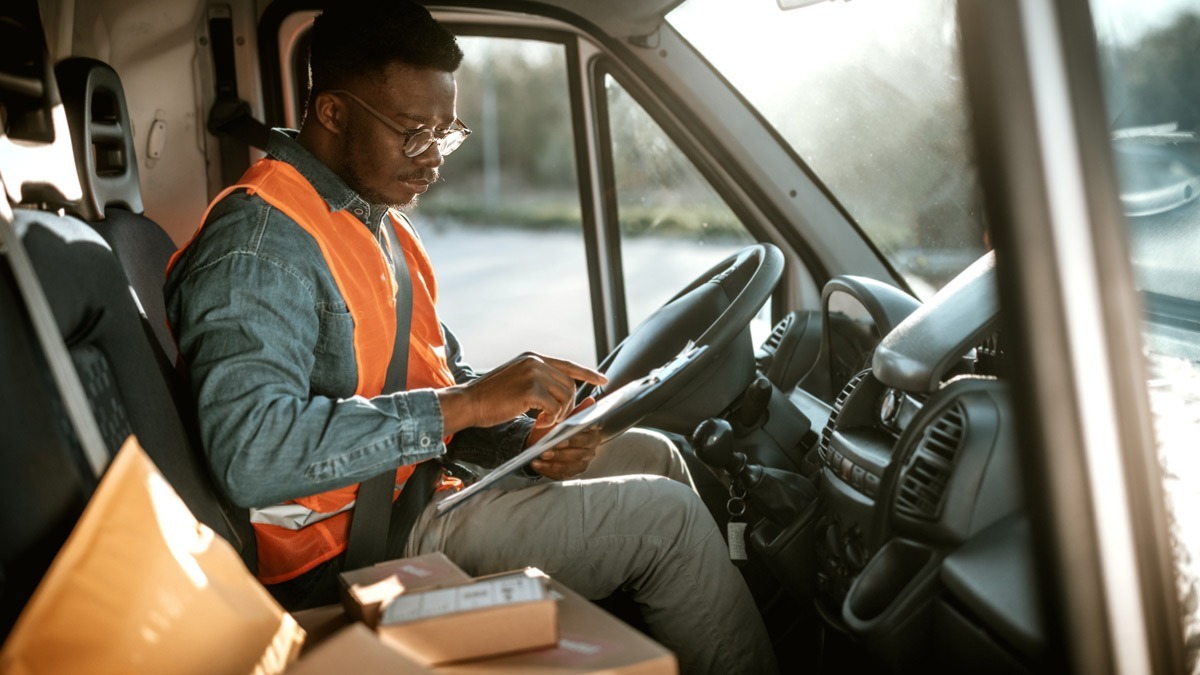
Click to contact our personal injury lawyers today
What If You Are Hit by a Company Vehicle?
If you were injured in a collision caused by someone driving a company vehicle, you may be entitled to compensation for:
- Medical expenses
- Lost wages
- Pain and suffering
- Property damage
- Permanent disability
- Loss of future earnings
The key is proving that the driver was negligent and acting within the scope of employment at the time of the crash.
Evidence may include:
- Timecards or GPS data showing the driver was working
- Witness statements
- Company logs or dispatch records
- Accident reconstruction analysis
An experienced Nevada injury attorney can help collect and present this evidence effectively.
Complete a Free Case Evaluation form now
What If You Were the Employee Driving the Company Car?
If you were injured while driving a company vehicle for work, you may have two possible sources of compensation:
1. Workers’ Compensation
In most cases, if you were injured while performing work duties, your employer’s workers’ compensation insurance will cover:
- Medical bills
- A percentage of lost income
- Rehabilitation costs
- Temporary or permanent disability benefits
Workers’ compensation is a no-fault system, which means you do not have to prove negligence. However, it does not provide compensation for pain and suffering.
2. Third-Party Lawsuit
If another driver was at fault for the crash, you may also be able to file a personal injury claim against that party in addition to your workers’ comp benefits. This is known as a third-party claim.
For example, if a distracted driver ran a red light and hit you while you were driving your company’s vehicle to a job site, you can file a claim against that driver’s insurance and still receive workers’ compensation from your employer.
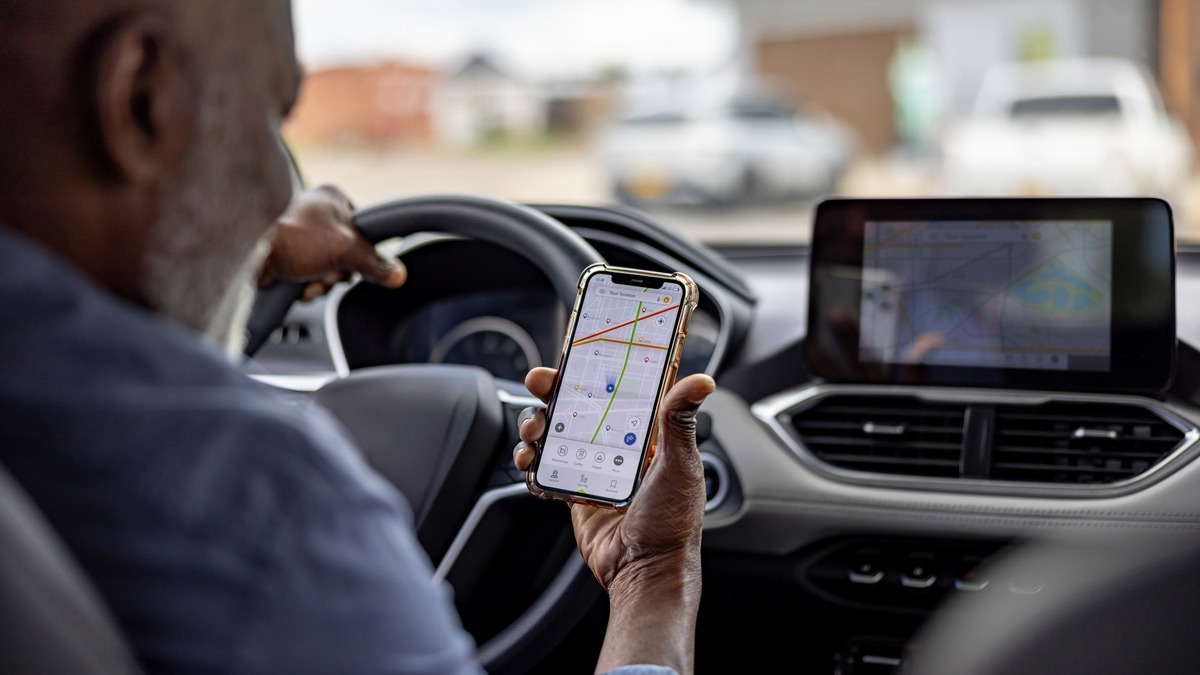
Special Considerations for Rideshare Drivers and Gig Workers
Nevada has a growing number of Uber, Lyft, Amazon Flex, and Instacart drivers who use personal or company-supplied vehicles to make deliveries or transport passengers. These gig workers fall into a gray area legally.
In general:
- If the app is turned on and a trip is in progress, rideshare companies may provide insurance coverage
- If the app is off or the driver is using the car for personal reasons, their personal insurance may apply
Uber and Lyft provide $1 million in liability coverage when a passenger is in the car, but reduced coverage or no coverage during other periods. Understanding which policy applies depends on what phase of the trip the driver was in at the time of the crash.
What If the Company Vehicle Was Rented or Leased?
If the company vehicle was rented or leased, liability may depend on:
- Who signed the rental agreement
- Who was driving the car at the time of the crash
- Whether the driver was authorized to operate the vehicle
Nevada follows the federal Graves Amendment, which limits the liability of rental car companies unless they were directly negligent.
How Long Do You Have to File a Claim in Nevada?
Nevada’s statute of limitations for personal injury lawsuits is generally two years from the date of the accident. If you do not file your claim within this time period, you may lose your right to recover compensation.
For property damage claims, the deadline may be up to three years from the date of the crash.
Claims involving government-owned vehicles may have shorter deadlines and require special notice procedures. It is critical to consult with an attorney promptly to preserve your rights.
What Types of Compensation Are Available?
If your claim is successful, you may be entitled to compensation for:
- Emergency medical care
- Hospital stays and surgery
- Prescription medications
- Physical therapy and rehab
- Lost wages
- Reduced earning capacity
- Pain and suffering
- Emotional distress
- Long-term disability
In cases of gross negligence, punitive damages may also be awarded to punish the responsible party and deter future misconduct.
What Should You Do After a Company Car Accident?
Whether you are the employee driving the vehicle or a third party who was hit, these steps can protect your rights:
- Call 911 and request a police report
- Seek medical treatment, even for minor injuries
- Get the driver’s contact info, employer name, and insurance details
- Take photos of the scene, vehicles, and visible injuries
- Get witness names and phone numbers
- Avoid admitting fault or speculating about what happened
- Notify your employer if you were on the job
- Contact a Nevada personal injury attorney as soon as possible
How Van Law Firm Can Help
Van Law Firm has extensive experience representing clients in complex auto accident cases across Nevada, including those involving commercial vehicles, rideshare drivers, and company cars.
Our team will:
- Investigate liability and determine who is responsible
- Handle communications with insurance companies
- Collect evidence and preserve documentation
- Calculate full damages for both current and future losses
- Negotiate aggressively for a fair settlement
- Take the case to court if necessary
We work on a contingency basis, which means there are no legal fees unless we recover compensation for you.
Contact Van Law Firm Today
If you were injured in a company vehicle accident in Nevada—whether as a driver, passenger, or another motorist—Van Law Firm is ready to help. Our attorneys understand how to navigate employer liability, insurance disputes, and workers’ compensation issues, and we are committed to securing the full compensation you deserve.
No obligation consultations are always free.
Let Us Help You! Call Now: (725) 900-9000